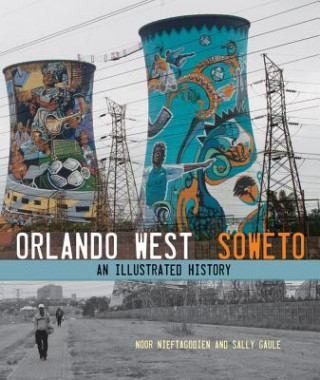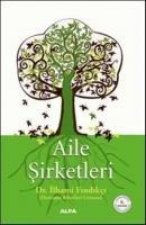
Doručení
Nákupní rádce





Nehodí se? Vůbec nevadí! U nás můžete do 30 dní vrátit
 Dárkový poukaz
V libovolné hodnotě
Dárkový poukaz
V libovolné hodnotě
S dárkovým poukazem nešlápnete vedle. Obdarovaný si za dárkový poukaz může vybrat cokoliv z naší nabídky.
Orlando West, Soweto
 Angličtina
Angličtina
 48 b
48 b
Mohlo by vás také zajímat


Until the end of the First World War, urban growth in Johannesburg proceeded unevenly and haphazardly, but under the impact of a wave of militant struggles by black workers and in the context of the devastating impact of the 1918 influenza epidemic, the state became determined to better manage the movement of Africans into the urban areas and to place them in properly controlled locations. The promulgation of the Native (Urban) Areas Act of 1923 was intended to meet these objectives. The Act was a hybrid piece of legislation. On the one hand, it espoused the principles enunciated by the Stallard Commission of 1922, which had infamously declared that an African 'should only be allowed into the urban areas, which are essentially the white man's creation, when he is willing to enter and minister to the needs of the white man, and should depart therefrom when he ceases so to minister'. On the other hand, when it empowered local authorities to set aside land for black residential purposes, it recognised the need to create conditions for the settlement of an urban African population in order to provide a reliable supply of labour to secondary industry. The growing demand for housing led the government to establish Orlando (named after the chairman of the Native Affairs Committee, Edwin Orlando Leake) in 1931, when thousands of African families were evicted from urban slums in and around the city centre and moved there. The authorities described this as a 'model native township' that was supposedly planned along the lines of a garden city. The new location, it promised, would be characterised by tree-lined streets, business opportunities and recreation facilities. Reflecting the views of a somewhat conservative section of the African urban elite, the popular African newspaper Bantu World predicted on 14 May 1932 that the new township 'will undoubtedly be somewhat of a paradise [that] will enhance the status of the Bantu within the ambit of progress and civilisation.' Orlando West, Soweto illuminates the genesis of Orlando township and its well-known subsequent history, which is inextricably linked with the lives of prominent South Africans such as Nelson Mandela and Desmond Tutu, amongst many others. A beautiful photographic essay complements the testimony from residents, who describe the way things were, and the way they are now, in the heart of Soweto, South Africa's most iconic African township.
Informace o knize
 Angličtina
Angličtina




 Jak nakupovat
Jak nakupovat




















